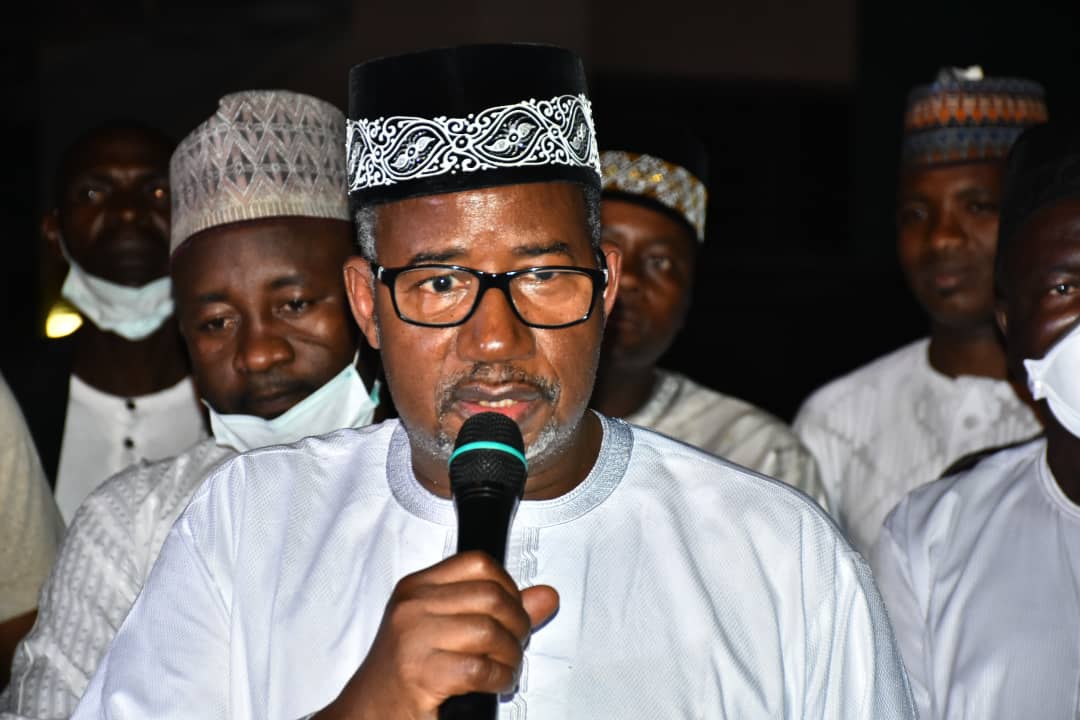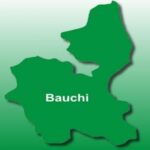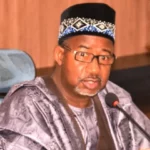Governor Bala Mohammed of Bauchi State has found himself at a crossroads between prioritising the right of way on developmental projects and safeguarding the rights of the people affected by such projects. In navigating this delicate balance, he faces the challenge of ensuring sustainable development while upholding the welfare and interests of the populace which are the critical components in ensuring his success during the 2023 general elections.
Nevertheless, the right of way is crucial for the implementation of infrastructural projects that are vital for the economic growth and social progress of the state. These projects may include roads, schools, beautification of streets by planting tree or flowers as well as pipelines, and other public utilities. Governor Mohammed, like many other leaders, recognises the onerous importance attached to creating an enabling environment for investment and development initiatives to thrive.
Without adequate right of way, the execution of these projects could be severely hindered, leading to delays, increased costs and missed opportunities for progress.
However, on the other hand, the right of the people to fair treatment, compensation, and participation in decision-making processes cannot be disregarded. Development projects often require the acquisition of land or displacement of communities, which can have significant impacts on the lives and livelihoods of the affected individuals and communities. Government must ensure that the rights of these people are respected and protected throughout the project implementation process.
- PHOTOS: Zulum, Fintiri, others arrive Bauchi for North East Govs’ Forum meeting
- Police, bring perpetrators of Kano arson to book
To strike a balance between the right of way and the right of the people, the present administration must adopt a transparent and consultative approach. This involves engaging with affected communities from the outset, providing them with adequate information about the projects, and seeking their input and feedback.
Involving the people in the decision-making process can ensure that their concerns and interests are taken into account and possibly addressed.
Furthermore, the Bauchi State government should prioritize fair and just compensation for those affected by development projects. This includes not only monetary compensation for land acquisition but also support for livelihood restoration and alternative housing arrangements where necessary. Providing adequate compensation can mitigate the adverse impacts of project implementation on the affected individuals and communities.
Additionally, the present administration should consider that it was economic hardship that pushed the people to erect makeshift tents and containers on the right of way. Majority of those who erected illegal shops on roadsides are youths – both men and women – and retired civil servants who government failed to pay their entitlement years after serving the state meritoriously.
Majority of the affected people are wondering if the removal of tents and shops on the right of way is limited only to Bauchi metropolis or will it be extended to major cities across the 20 local government areas of the state.
At this juncture, I’m appealing to the Bauchi State government to have a rethink on some of these policies that have crippled the businesses of its citizens.
Agreed, the Bauchi State Government has the legal right to claim land when the need arises but where developmental projects meant for the socio-economic well-being of its citizenry makes people to suffer without any compensation and fairness, then it negates the social contract theory.
Garba Adamu Gwangwangwan wrote from Bauchi

 Join Daily Trust WhatsApp Community For Quick Access To News and Happenings Around You.
Join Daily Trust WhatsApp Community For Quick Access To News and Happenings Around You.

